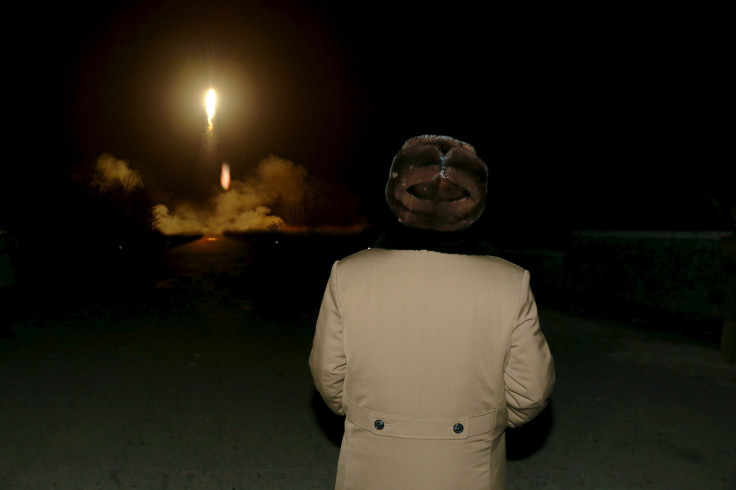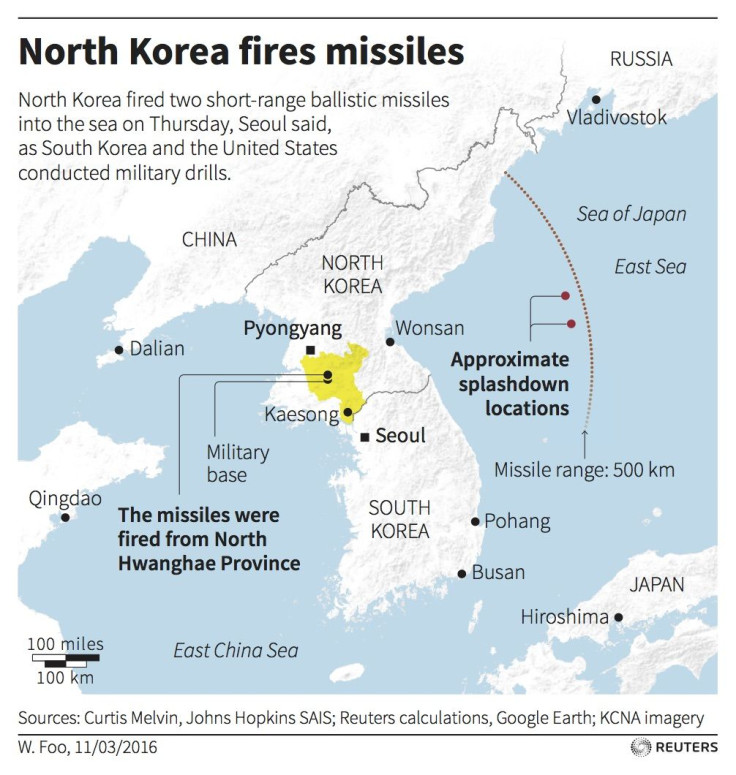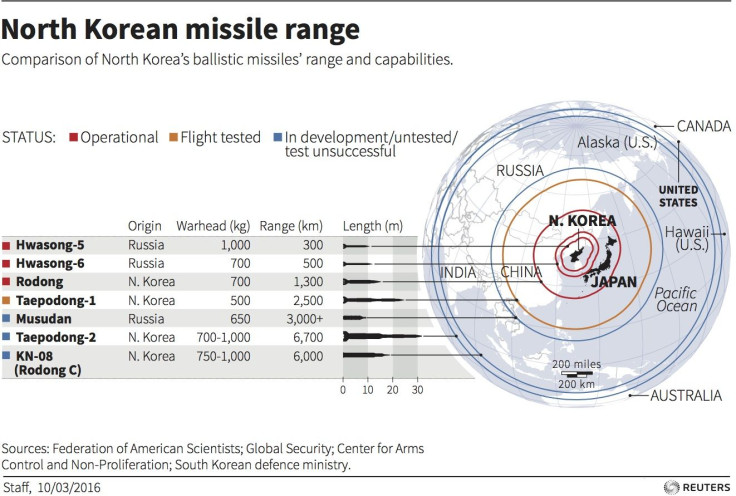North Korea says it can wipe out Manhattan with H-bomb days after firing two short-range ballistic missiles

Just days after North Korea fired a pair of short-range missiles into the sea as South Korea and the US conducted large-scale joint military exercises, a new weekend report from a state media publication says the regime has developed a hydrogen bomb that could wipe out the whole of Manhattan.
According to translations by the Washington Post, DPRK (Democratic People's Republic of Korea) Today reported that the hydrogen bomb North Korea has in its arsenal is "much bigger than the one developed by the Soviet Union," and that if the H-bomb was "mounted on an intercontinental ballistic missile and [fell] on Manhattan in New York City," the city and its residents would burn to ashes.
Sunday's report comes two months after North Korea said it had tested its first hydrogen bomb, although experts were dubious about the regime's claims, saying the tremors felt after January's test were similar to those in the aftermath of conventional atomic detonations.
RELATED: Science determines if North Korean test was really for an H-bomb
Although North Korea's latest claims of wiping out Manhattan could be another instance of the regime's exaggeration, it does point to the rising tensions in the Korean Peninsula, particularly with Pyongyang served a fresh set of unilateral sanctions by the UN last week following its recent nuclear test and long-range missile launch.
In February, North Korea claimed it had successfully launched a satellite, the Kwangmyongsong-4, into orbit -- a move that was strongly condemned by the United Nations, who feared it was a front to test a long-range ballistic missile.
Meanwhile, its short-range missile launch on Thursday March 7 appears to be in direct response to the annual drills carried out by the US and South Korea, which it is technically still at war with. This year's war games by the US and South Korea have been described by the South Korean Defense Ministry as the "largest ever" yet, with 300,000 South Korean and over 17,000 US troops participating.

While the allies have notified the North of "the non-provocative nature" of the exercises, North Korea continues to view the drills as preparations for an invasion, Reuters reports.






















